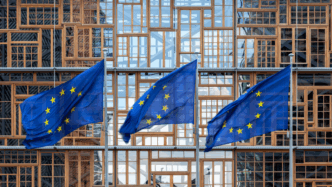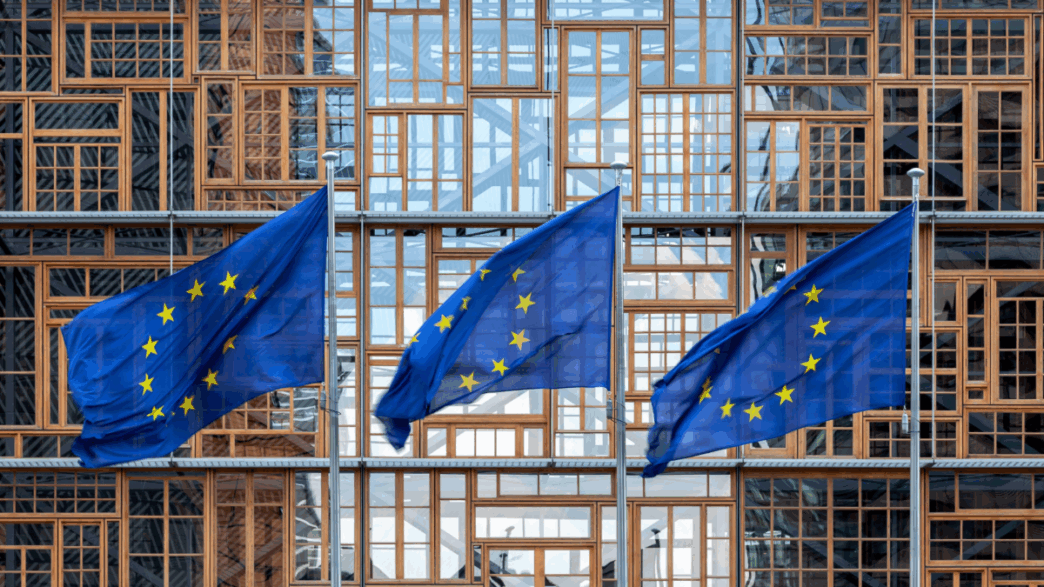The EU AI Act is under fire as top US AI companies push for a watered-down Code of Practice on general-purpose AI (GPAI). The Code, still being drafted with input from nearly 1,000 experts and stakeholders, aims to regulate the most powerful AI models. It’s due to be finalized by August 2025.
But privileged access to draft texts and exclusive meetings have stirred controversy. Some leading US firms have been lobbying hard to weaken the rules, risking the Code’s credibility and undermining the European Commission’s goal to protect citizens’ interests.
The lobbying contradicts claims from these companies that they act in the public interest. Industry insiders warn this move confuses regulation with innovation. Mistral AI CEO Arthur Mensch said the real obstacle in Europe isn’t regulation but market fragmentation and slow AI adoption.
US political pressure adds fuel. Former US President Trump has also criticized the EU rules. Meanwhile, some companies like Meta have openly rejected signing the Code months before it’s finalized.
The European Commission insists the Code isn’t just a political giveaway. It’s designed as a compliance tool aligned with the AI Act. Companies refusing to follow it must prove alternative frameworks are equally effective—a costly and complex route.
The commission warns companies ignoring the Code risk legal consequences under both EU law and US tort law for negligence, given the dangers GPAI poses worldwide.
“The European Commission must not fall prey to such corporate lobbying tactics… Instead of giving in, the Commission must ensure that the Code reflects the intent of the AI Act, safeguarding the interests and rights of the European people, and setting a standard of reasonable care.”
The EU’s special parliamentary committee will closely watch AI Act implementation. The message: non-enforcement won’t be tolerated.
A strong Code might actually boost innovation by making AI safer and more trustworthy. That could unlock growth and improve adoption across Europe.
The commission can adopt the Code without company signatures, making compliance mandatory for market access. If Big Tech resists, the Code will still set global standards, forcing them to follow or face penalties.
The next few months will be critical for Europe’s AI rules. The Commission must resist Big Tech pressure and keep the Code tough. The future of AI governance in Europe depends on it.














